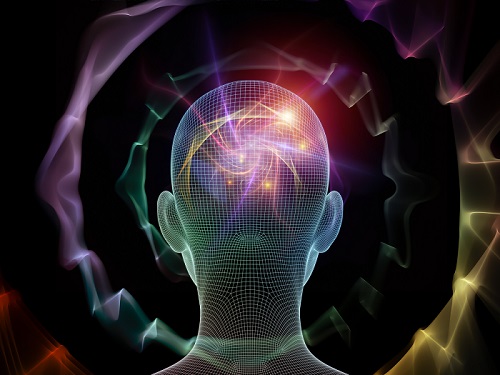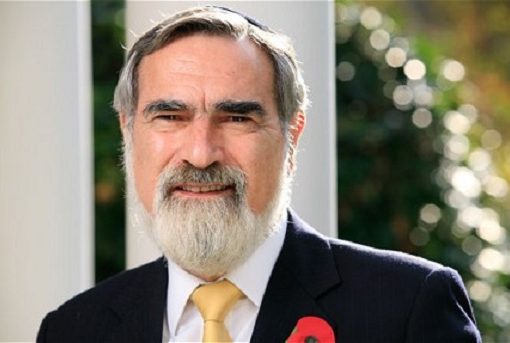
In a recent panel discussion hosted by Science and Non Duality (SAND), posted on youtube, several top scientists and explore their current understanding on the nature of consciousness. Participating were,
- Stuart R. Hameroff, MD, Director of the Center for Consciousness Studies
- Julia Mossbridge, Ph.D., Director of the Innovation lab at IONS
- Henry Stapp, Ph.D., A quantum physicist and author
- Chris Fields, Ph.D., Interdisciplinary information scientist
- Donald Hoffman, Ph.D, Cognitive scientist and author, researcher at UC Irvine
What is consciousness? Can it even be defined? The panellists voiced a spectrum of opinions. Stuart Hameroff said that we know consciousness when we experience it but cannot prove it or define it. He said, “You can’t tell if I am conscious. I could be a programmed zombie pretending to be conscious for all you know.” Julia Mossbridge observed that consciousness must involve “The I versus the Not-I” In the absence of self-consciousness, the term is meaningless. Chris Fields and Hameroff both stressed the importance of feelings. William James said that feelings are primary indicators of a conscious experience. Can an AI machine feel anything? If not, then is it conscious?
Donald Hoffman spoke of the necessity for a mathematical model of consciousness. He is currently working on one. If a study of consciousness is to be a science, it must be framed in terms that can be falsifiable. A mathematical model can provide that framework. He suggested that we take consciousness as primary, as given and try to derive the laws of quantum mechanics from there. Hopefully, we could make predications that could be tested by experiment.
Perhaps consciousness can never be defined, Chris Fields added. In science, certain concepts are left undefined. Energy for one. We know its units and what it does. Other physical effects are defined in terms of energy, but energy cannot be defined in terms of other, more basic entities.
What progress has been made in understanding “the hard problem” — the duality of mind and matter? According to Henry Stapp the solution lies at the heart of matter, at the Planck Scale where space and time are themselves discontinuous. Consciousness, he said, must be accepted as a fact. Stuart Hameroff, referencing work with Roger Penrose, explained why any model of consciousness must reference Platonic Ideals. Wisdom, understanding or the aesthetic sense all require an interaction with a non-material, Platonic world. Penrose demonstrated why such values cannot arise from computational processes, but require other explanations.
The discussion provides new insights into a complex question, one so fundamental so our existence. We get a glimpse at a vast unexplored tapestry. The diversity of the opinions suggests that not only are we not close to understanding the nature of consciousness, but that we have barely begun to pose the right questions.
PMK





3 thoughts on “How Close is Science to Understanding Consciousness?”
I remind the experts of the visionary Arthur Clarke and his First Law: When a distinguished but elderly scientist states that something is possible, he is almost certainly right. When he states that something is impossible, he is very probably wrong.
Any expert philosopher who has the view that we shall never understand consciousness is demonstrating both arrogance and lack of judgment. The first because if he cannot understand the subject today, then he might be assuming that nobody else ever will: such myopic arrogance. The second because he is incapable of anticipating a level of breakthroughs of understanding that might occur that will make our current belief system as outdated as Ptolemy’s cosmology appeared later to Copernicus and Kepler.
This has always happened over time and what is more, seems to be doing so at an accelerating rate, given Moore’s law for example, and technological progress made in the last 100 years. I consider there is a reasonable chance that a major new paradigm might well occur in the next couple of decades, when and if a mechanism for the operation of memory is discerned.
The other area which screams out that something is amiss with current understanding and might produce a radical readjustment is the embarrassing problem of dark energy and matter, and the probably some resulting amendments to how gravitation and inertia are understood. If not that then another possible candidate for major readjustment is the possibility of variable light speed. A result here would really set the cat amongst the pigeons and which I consider quite likely.
Some very good points. There are however areas of science where certain things have been shown to be impossible. Nature does occasionally throw up barriers to our knowledge and to what we can do. You cannot square the circle. The second law of thermodynamics begins with the phrase “It is not possible….” Godel’s theorem on undecidable propositions is another case. Mathematicians run into those situations more than physicists and have learned to accept that the “impossible” does exist. Id consciousness one of those areas that will forever be beyond our ability to explain it, or to replicate it?
Thanks, Paul, for posting this. I have just come back from the SMN conference in Rome where I said in my paper (see elsewhere in this website for the forum, and paper 9.108 on http://www.reginaldkapp.org) that consciousness is what we see (and feel) when we look inwards, at the screen(s) of our mind, and the material world is what we perceive with our 5 senses. This is not original, as I read it in a paper by Ervin Laszlo a few years ago. He postulates, and I agree, that it is caused by what he calls an ‘A’ field, after the Akashic records. I postulate that this creates a cosmic internet, which anyone can surf, including animals, which explains intuition (6th sense) telepathy, synchronicity , Shelldrake’s morphic fields and resonance, and memory.